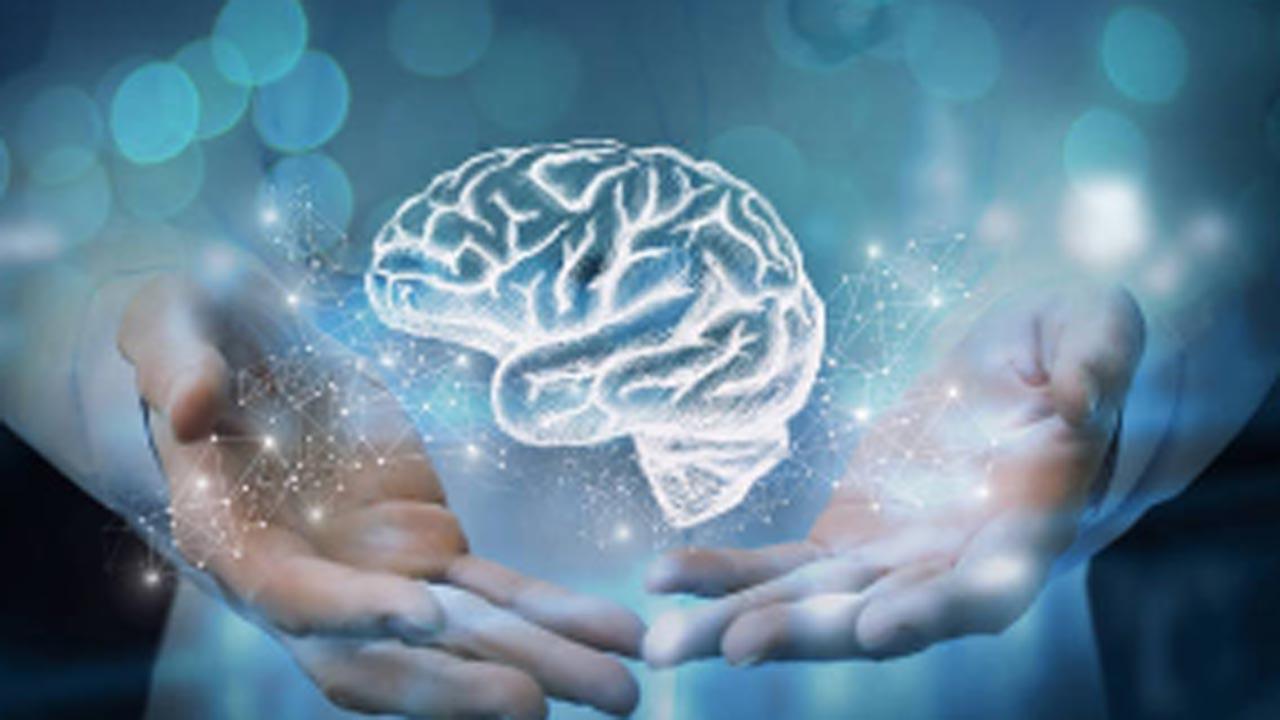The research involved 11,103 brain magnetic resonance images (MRIs) from 2,348 patients at risk for Alzheimer's disease and 26,892 images from 8,456 patients without Alzheimer's disease

Image for representational purposes only. Photo Courtesy: iStock
US researchers have developed a novel Artificial Intelligence-based tool that has shown 90 per cent accuracy in detecting Alzheimer's disease from routinely collected clinical brain images.
US researchers have developed a novel Artificial Intelligence-based tool that has shown 90 per cent accuracy in detecting Alzheimer's disease from routinely collected clinical brain images.
The tool, developed by a team at Massachusetts General Hospital (MGH), may help clinicians identify patients who would benefit from treatment.
The results, published in the journal PLOS ONE, showed that the toll was able to detect Alzheimer's disease regardless of other variables, such as age.
"Alzheimer's disease typically occurs in older adults, and so deep learning models often have difficulty in detecting the rarer early-onset cases," said Matthew Leming, a research fellow at MGH's Center for Systems Biology.
"We addressed this by making the deep learning model 'blind' to features of the brain that it finds to be overly associated with the patient's listed age," he added.
The research involved 11,103 brain magnetic resonance images (MRIs) from 2,348 patients at risk for Alzheimer's disease and 26,892 images from 8,456 patients without Alzheimer's disease.
The model detected Alzheimer's disease risk with 90.2 per cent accuracy.
Besides age, another common challenge in disease detection, especially in real-world settings, is dealing with data that are very different from the training set, Leming noted.
For instance, a deep learning model trained on MRIs from a scanner manufactured by General Electric may fail to recognise MRIs collected on a scanner manufactured by Siemens.
However, the new tool used an uncertainty metric to determine whether patient data were too different from what it had been trained on for it to be able to make a successful prediction.
"This is one of the only studies that used routinely collected brain MRIs to attempt to detect dementia. While a large number of deep learning studies for Alzheimer's detection from brain MRIs have been conducted, this study made substantial steps towards actually performing this in real-world clinical settings as opposed to perfect laboratory settings," said Leming.
"Our results -- with cross-site, cross-time, and cross-population generalisability -- make a strong case for clinical use of this diagnostic technology," he noted.
Read More: Will Alzheimer's become a disease affecting younger people?
This story has been sourced from a third party syndicated feed, agencies. Mid-day accepts no responsibility or liability for its dependability, trustworthiness, reliability and data of the text. Mid-day management/mid-day.com reserves the sole right to alter, delete or remove (without notice) the content in its absolute discretion for any reason whatsoever
 Subscribe today by clicking the link and stay updated with the latest news!" Click here!
Subscribe today by clicking the link and stay updated with the latest news!" Click here!










